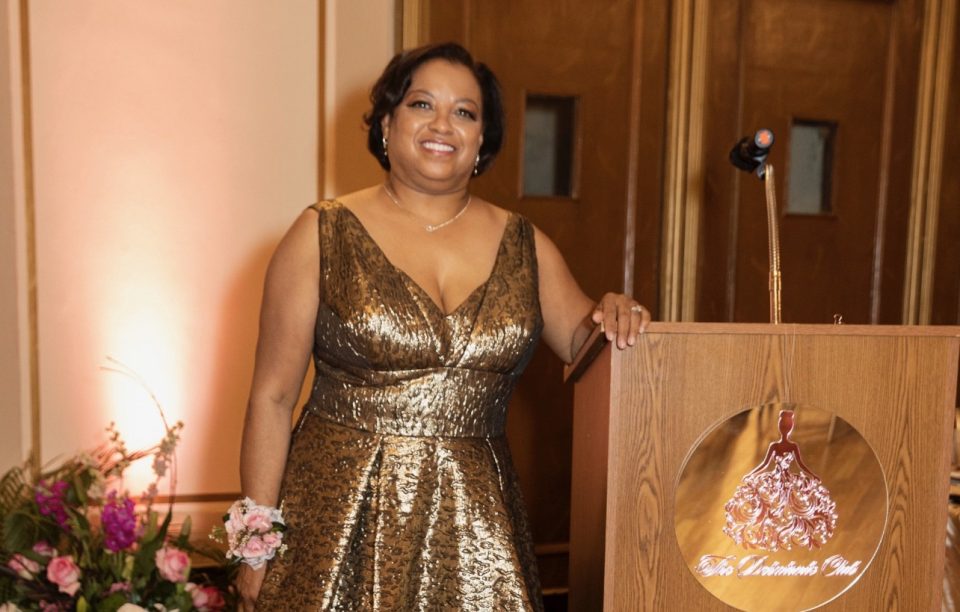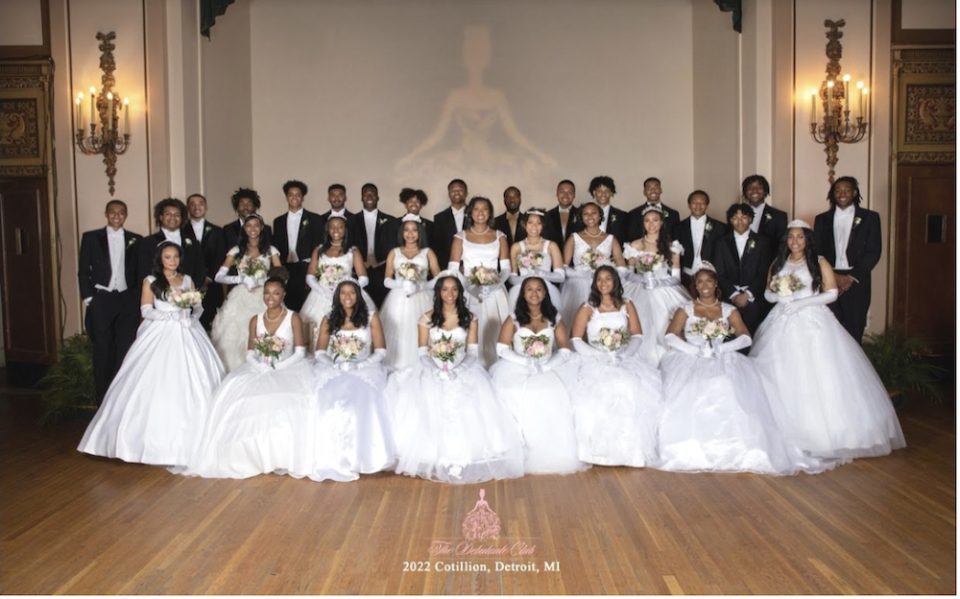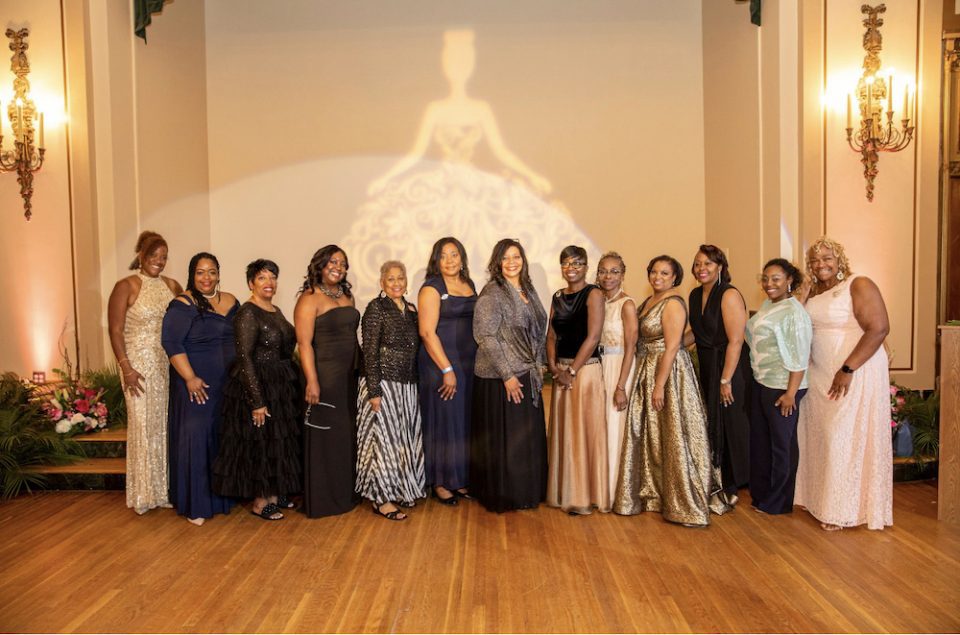
Debutantes help dismantle the stereotypes placed on young Black women regarding social status, intellectual ability and charitable contributions. Dr. Renita Barge Clark has been charged with the responsibility of introducing accomplished young women on public platforms to highlight their achievements and aspirations as the co-founder and president of The Cotillion Society of Detroit, a 501c3 non-profit organization in Detroit, Michigan.
Clark is a board-certified physician specializing in obstetrics and gynecology and a volunteer director of Medical Services for the University Liggett School in Grosse Pointe Woods, Michigan. Her extensive leadership experience led her to examine the impact that debutante balls have on young Black women. Clark shared with rolling out the excitement generated by her organization, preparing to showcase 29 young girls who have embarked on their training and culminating in being presented to society.

Why is being a debutante a tradition that Black culture has embraced?
What are some of the expectations for young women who wish to participate in this cultural tradition?
Can you describe what the show’s run feels like on the day of the debutante?
I just have a sense of goosebumps going down my spine on the day of the actual cotillion. The young ladies are dressed like Cinderellas and [accompanied] by their mothers and fathers, or father figures or mother figures adorned in formal attire. They have male escorts who are dressed in tuxedos, so everyone looks their finest and very dapper. The confidence exuded just in the attire alone is incredible. The feeling of grandeur and elegance is a mechanical component inside the Masonic Temple where it takes place. The young ladies will undergo a series of dances with their male escorts and their father figures. Then the culmination of our program is a fantastic song, [Sammy Davis’] “Hello Detroit.” It’s like welcoming young ladies to society.












